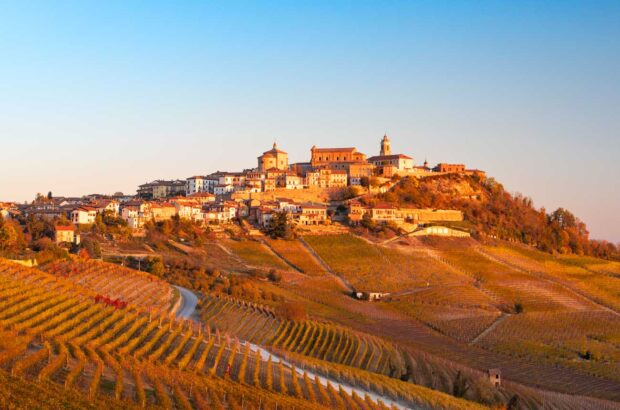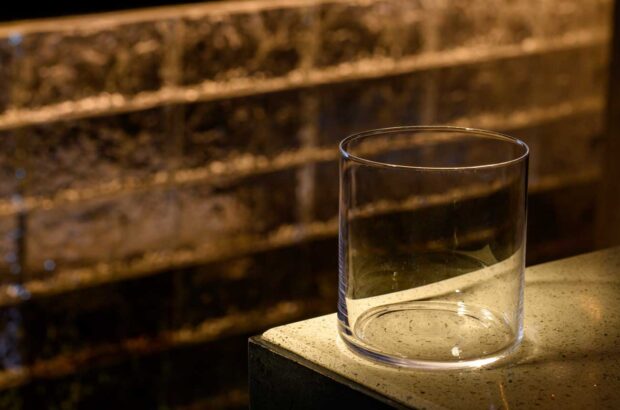drink now
A weak vintage in Piedmont producing lightweight, early-maturing wines
Weather Conditions
A mild winter with no snow was followed by a wet March. A cool, wet spring led to bud-break at the normal time but a variable May delayed flowering. Good weather in June gave fine conditions for the setting of the grapes. July was warm but humid without rain. August was also warm but high humidity caused outbreaks of grey rot at the end of the month. After a warm start in September, variable autumn weather ensued. The conditions improved for the Nebbiolo harvest.
Best Appellations
Much humidity-related disease makes this a very patchy vintage. Over-production was common with this big crop. Barbaresco was generally more successful than Barolo.
Best Producers
Initally forward, many Barolos were attractive in their youth but declined rapidly due to low tannin, acidity and extract. Luciano Sandrone’s tiny production of Barolo received rave reviews for the first time. Castello di Neive was very successful in Barbaresco.







